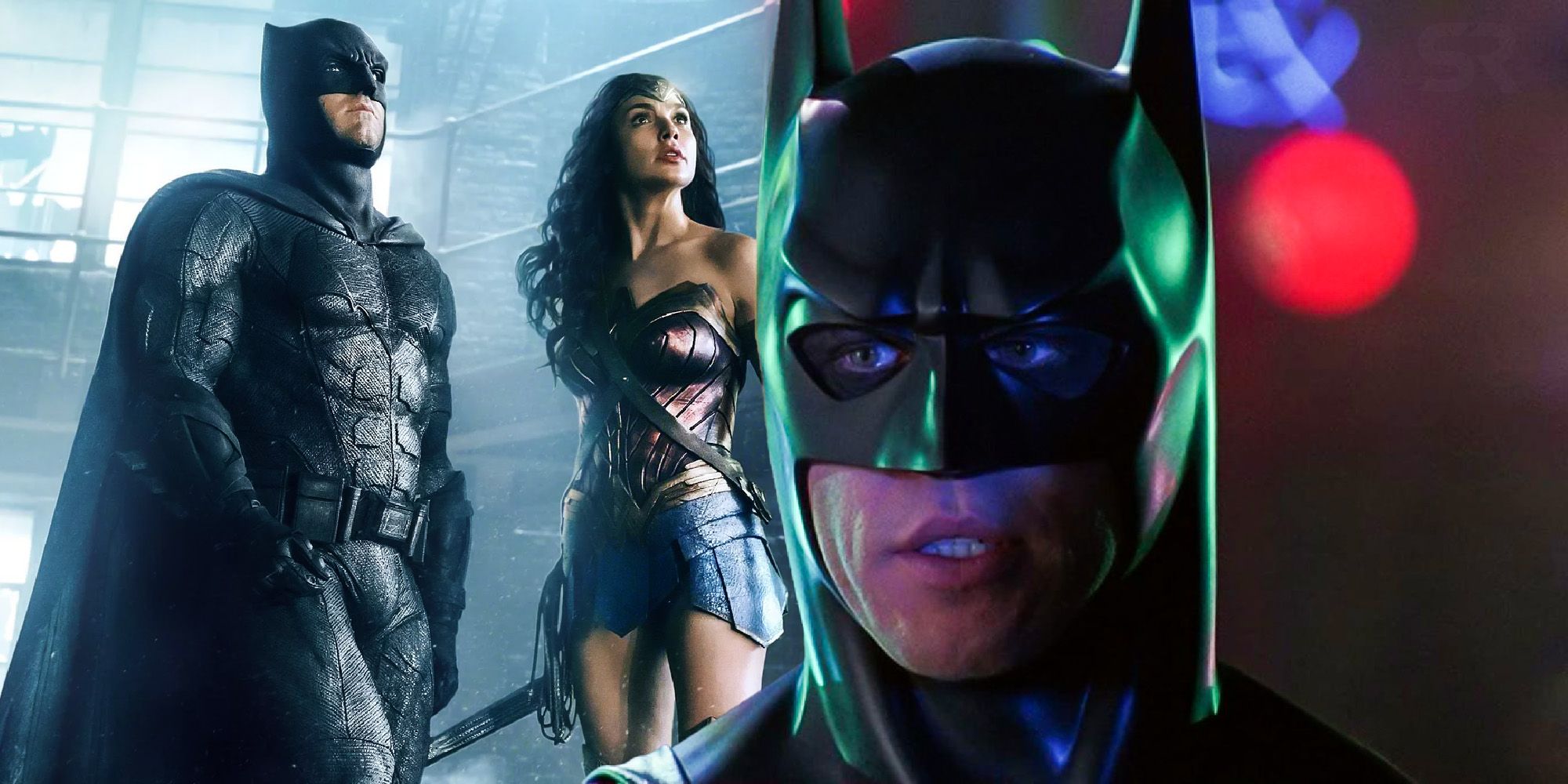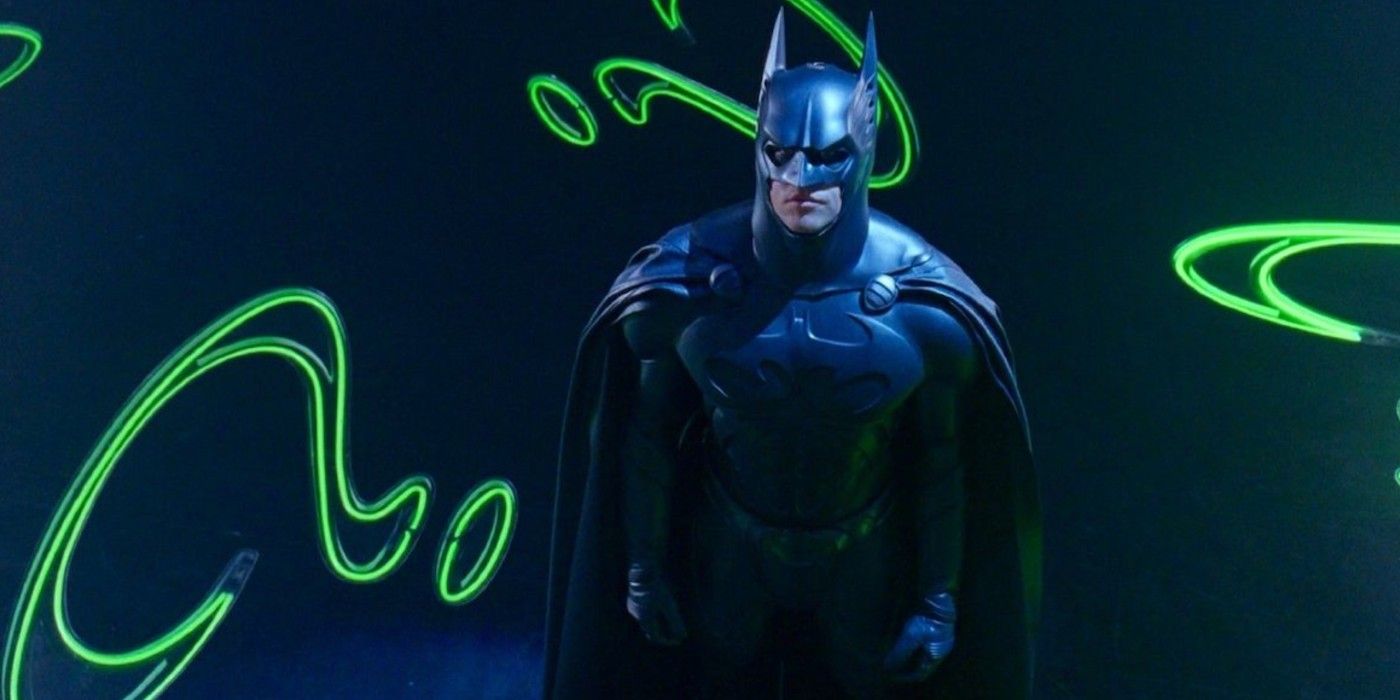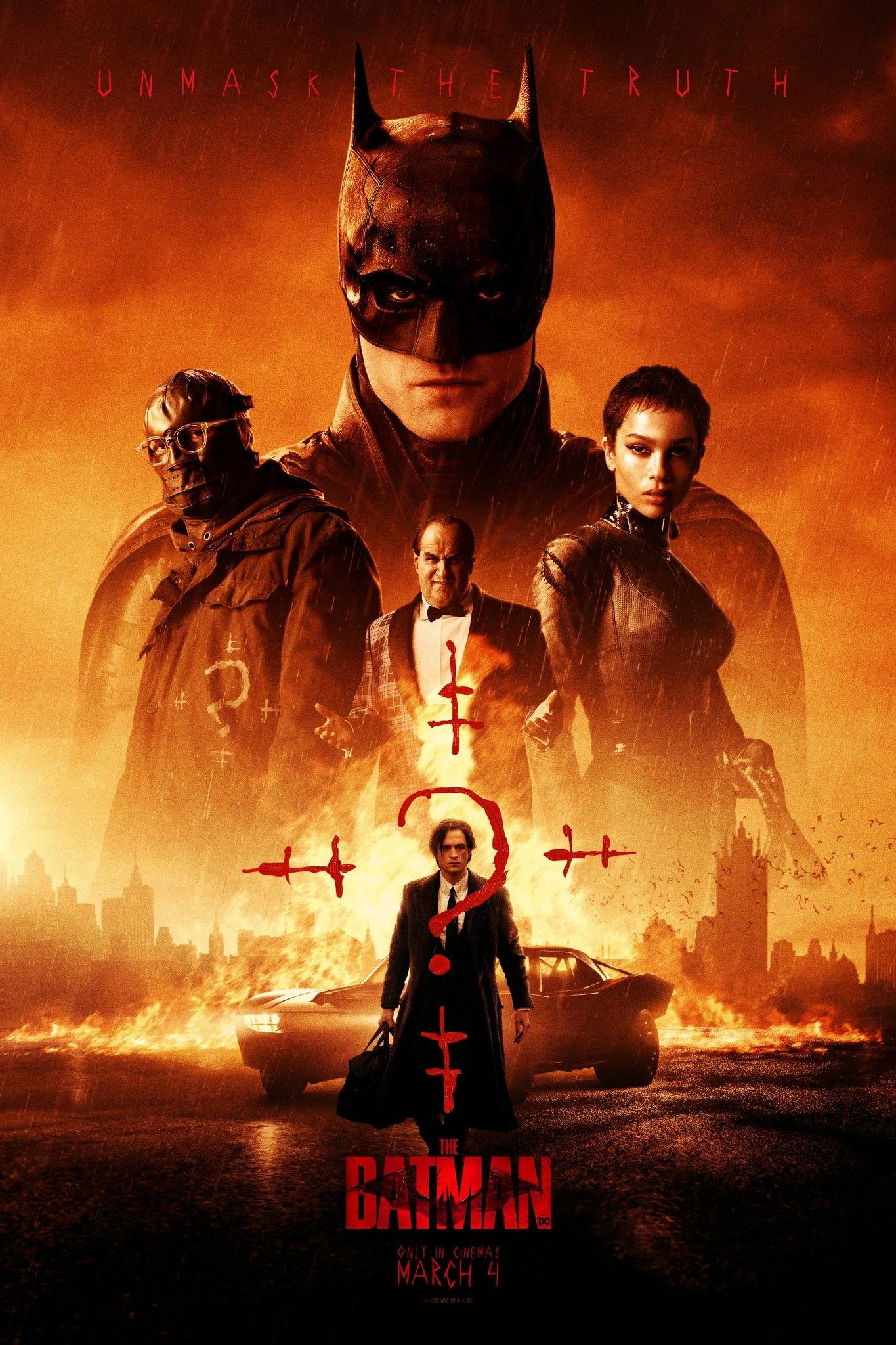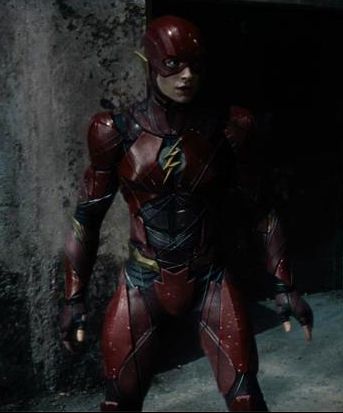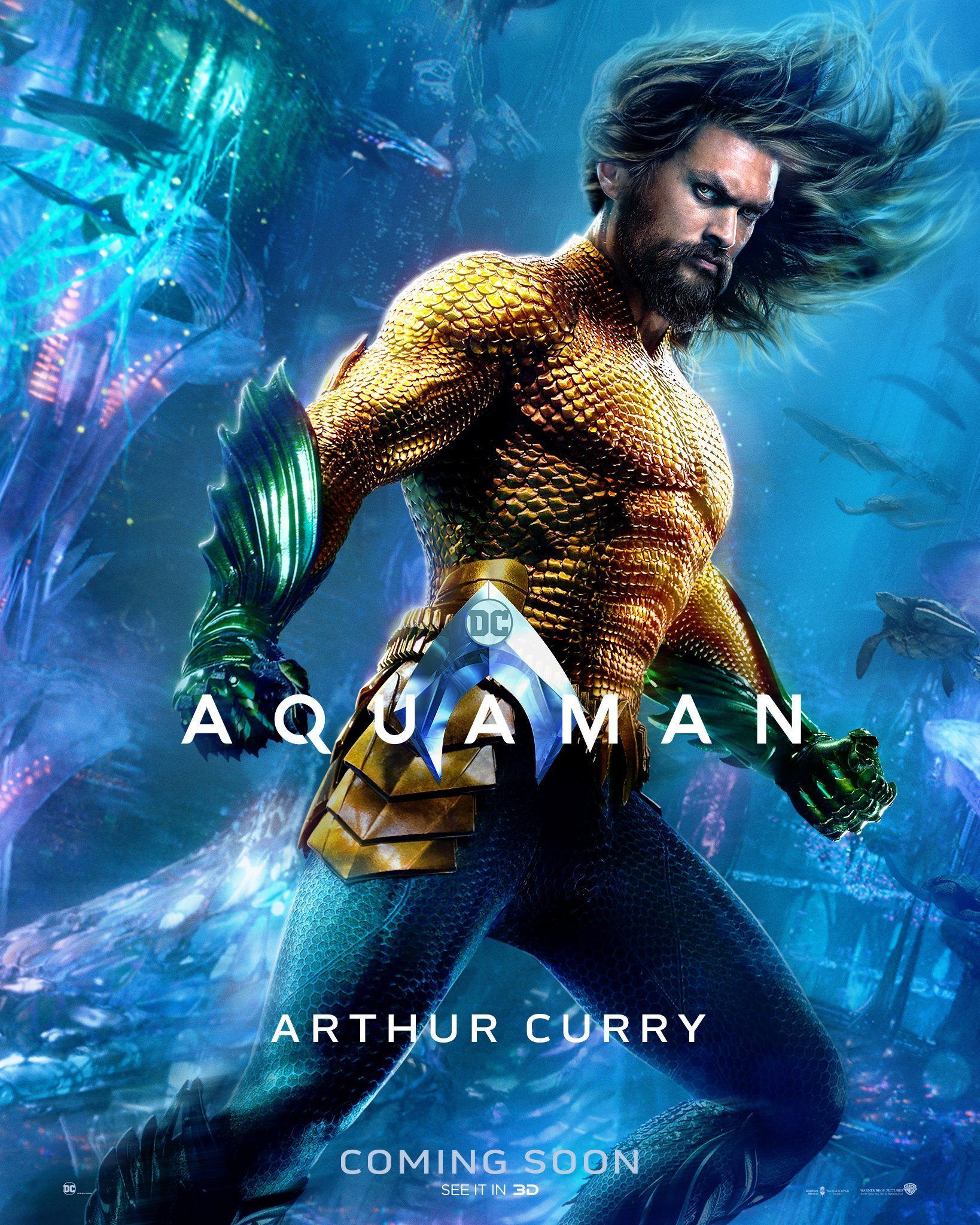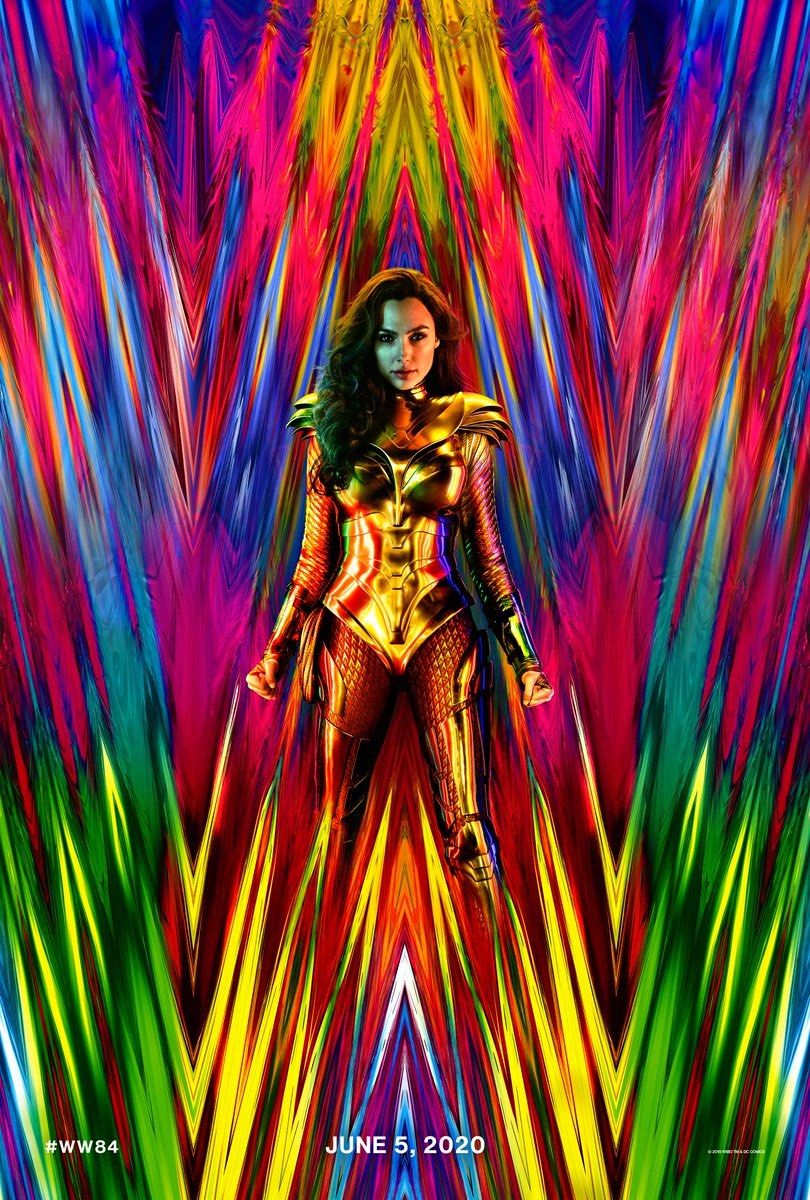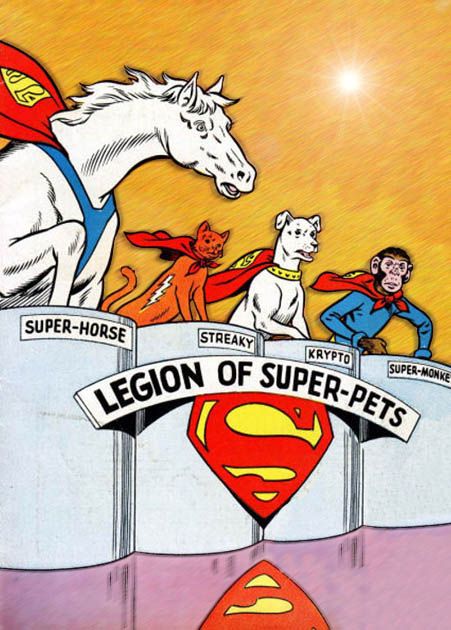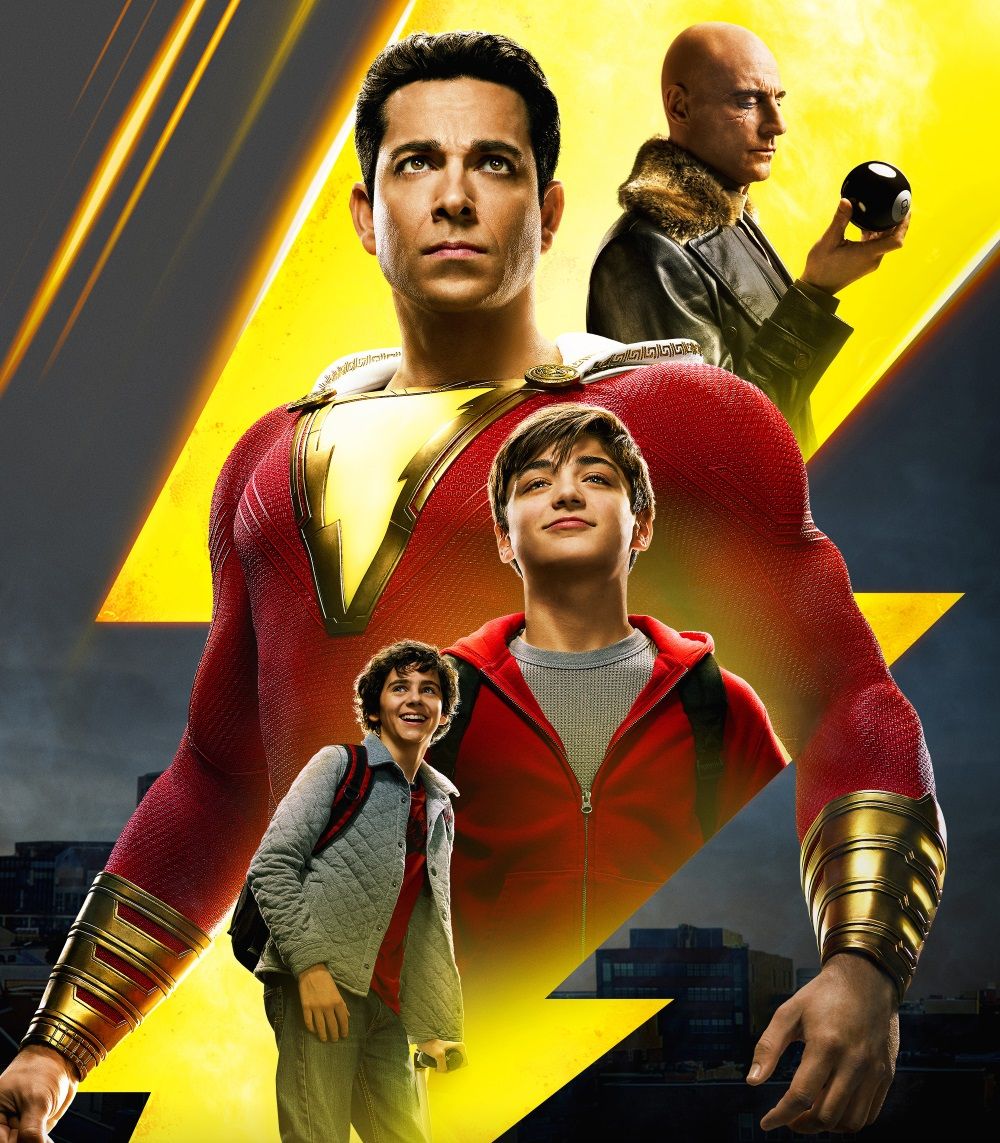Joss Whedon's Justice League repeated the same mistake that made Batman Forever so much worse than Batman Returns. The big money ensemble was forced to trade away its darker tone thanks to studio interference and a familiar concern over the marketability of more adult material and it was a decision that paralleled the end of Tim Burton's tenure as a Batman movie director.
Justice League's problems have been well-covered in the three years since it was released and the DCEU is only now pulling away from the film in a positive way. That can't be said of those involved with the film, however, as the conversation on The Snyder Cut has reframed the issues on-set and at a higher level that led to the disappointing final product. While Snyder's iteration on HBO Max should address at least some of the mistakes, Joss Whedon's rushed, messy version of Justice League should not be dismissed outright. If only for the lessons Warner Bros. ought to learn from it.
Ironically, one of the biggest issues with Justice League - and indeed Warner Bros.' pivot away from Zack Snyder's vision for the DCEU as a whole - was itself a repeated mistake from Batman movie past. The lessons of Batman Forever and Batman And Robin's developments simply weren't heeded when it came to compromising the director's vision - which better suited the source material being adapted - in order to cater to a more family-oriented demographic seeking a "lighter tone."
While Batman Forever made more money than Batman Returns, it also marked the degradation of Batman as a movie brand, which ended with the need for Christopher Nolan to reboot the franchise entirely. And the decision to focus away from Tim Burton's grotesque vision of Gotham City teeming with monsters and riddled with corruption that leaned into Batman as a horror-adjacent character made for a far less critically well-received movie. Warner Bros. had been forced into the shift on the back of Batman Returns when it became clear there was a serious disjuncture between the studio's aspirations of family audience box office and merchandising deals and Burton's vision.
Despite Burton having a vision for his third Batman movie, which would have continued the same tone as Batman Returns, Warner Bros. flinched when the younger audience reaction was one of distress and the merchandising money took a serious hit. A now-infamous protest campaign heaped on the issues and Warner Bros,' response was to bring in Joel Schumacher as director, whose own darker vision of Batman was forced through the studio's new lighter filter. Schumacher was given the mandate to make his movie more "toy friendly" than Burton had. Fast forward to Justice League's production, in the wake of Batman v Superman's reception, and the parallel is obvious.
Just as Burton was ousted over his perceived inability to make the movie Warner Bros. needed to make for the sake of money, Snyder's vision for Justice League was cast aside. Marketing of the film began aggressively with the promise of a lighter tone and promises that Snyder was on-board, but by the time he left the project and Whedon took on the somewhat poisoned chalice, Warner Bros. seemingly couldn't do enough to dilute the original vision. In both cases, fans who had committed to the preceding movies - even despite criticisms from other quarters - were left profoundly insulted as the studio told them that what they liked wasn't right. And like Batman Forever, Justice League ended up temporarily killing Batman on the big screen.

